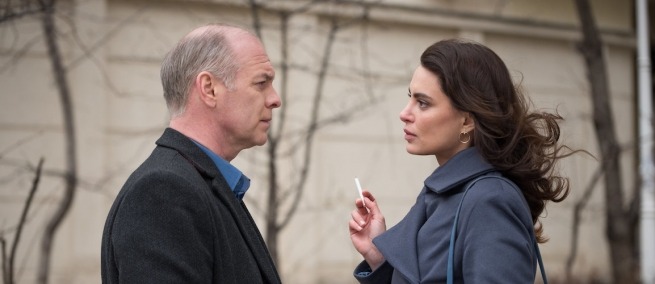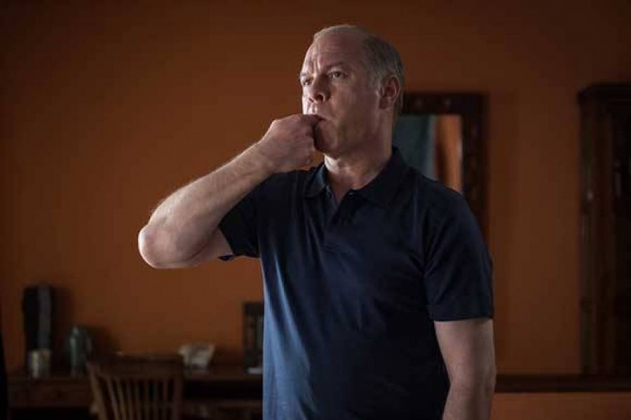
THE WHISTLERS is Romanian director Corneliu Porumboiu’s new mafia thriller, and it is now available to watch online via a partnership between Museum of the Moving Image and Magnolia Pictures. The film stars Vlad Ivanov (SNOWPIERCER) as a corrupt cop who is taken to the Canary Islands in order to learn a new coded form of communication—a whistling language. We sat down with writer/director Corneliu Porumboiu at the film’s North American premiere at the 2019 Toronto International Film Festival to discuss the real-world whistling language that inspired him. That interview is republished in full below.
Science & Film: How did you first hear about the whistling language?
Corneliu Porumboiu: I saw a documentary on French television about ten years ago about the whistling language and I got interested right away. I started to read about it. [The whistling language] is a return to something from the beginning. It was quite a long process because it was right in between a few other scripts, and I came back to it after THE TREASURE.
S&F: Can you say more about why the whistling language interested you?
CP: I saw that there are a lot of places in the world where people are whistling. The Canary Islands were colonized in the 15th century by the Spanish so we don’t know how the whistling [sounded] was before. At one point it was for me a speculation about a primary language and after that, to use that in modern day life…
S&F: I thought it was a pretty ingenious encrypted code. We have all these technologies to encrypt messages, but there is always a way to hack them. Speaking a language that nobody else speaks is actually more cryptic and simple.
CP: It’s also like bird [songs]. So if you don’t know, you are on the street and are listening, you don’t realize someone is speaking [laughs].
The main character knows all the codes, he doesn’t express too much because he’s followed, and all he is doing is coded. He lives in a world where they use language to have power—it is used like a weapon. So I said, okay, he will have to learn a code but it’s a double code. That’s why I was thinking to structure the movie around the process [of learning].

S&F: I was going to ask if you set the film on the Canary Islands, because canary and birdsong, but it sounds like the whistling language is indigenous to the region?
CP: Yeah. It is a UNESCO Heritage site so they are teaching the whistling language in schools—with cell phones they started to lose it so they protected it that way.
S&F: Did you learn it?
CP: I was at the school. They say, this is like a gun, put it in your mouth. I think this inspired me [laughs]. It inspired me a lot. We were in touch with the head of this program [to teach whistling] and he came to Bucharest to train the actors. He spent two weeks with the main actors and then kept up courses on Skype. But me, I wanted to take classes but had something else to do on the film at the time.
S&F: But the actors really did learn?
CP: Yes. It was very hard to fake in a close-up. If he doesn’t know the breathing rhythm…I’m glad I didn’t [use a] double.
S&F: Have you shown the film to anybody on the island?
CP: Yes, at Cannes. The teacher has a small part in the film. He was at the premiere. He whistled. It was funny.
TOPICS